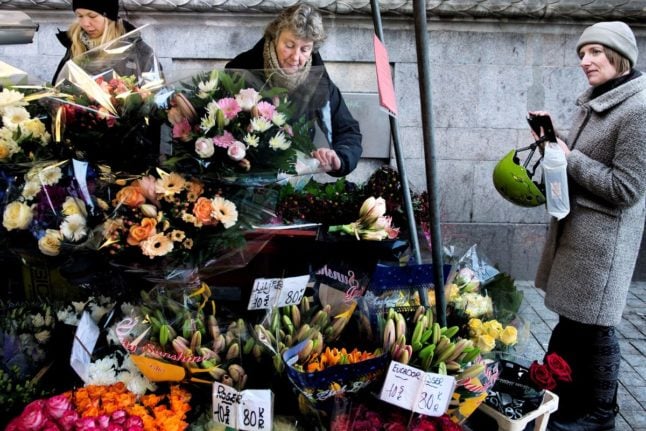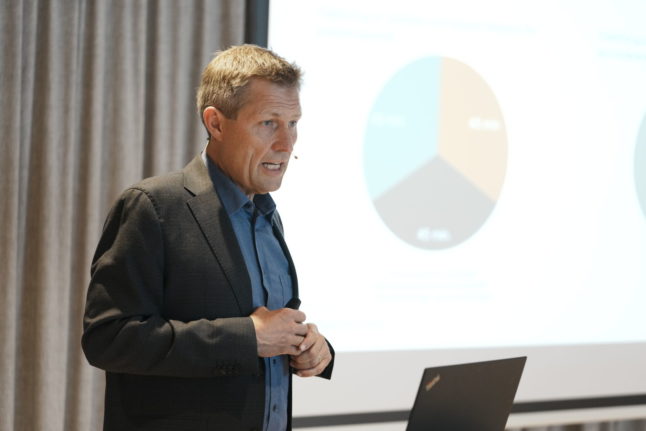The Danish Agency for International Recruitment and Integration (SIRI) at the start of this year released a new “Positive List for People with a Higher Education”, which more than doubled the number of eligible job titles to 72 from the 31 which were on the list valid from July 1st until the end of 2023.
The number of job titles in the “Positive List for Skilled Work“, meanwhile, has increased from 35 to 38, with 18 new jobs added and 15 jobs removed .
The new skilled jobs are: map and surveying technician, draughtsman, paramedic, accountant’s assistant, sales consultant, sales and account manager, customs officer, real estate agent, property manager, medical secretary, floral decorator, human resources assistant, bricklayer, welder, bodywork metal worker, sheet metal and construction blacksmith, shipbuilder, service technician for iron and metal, bicycle mechanic, industrial mechanic, and precision mechanic.
The new lists will apply automatically to anyone seeking a work permit between January 1st this year and the next time the list is updated at the end of June.
SIRI has committed in this January’s list to keeping all of the jobs for People with Higher Education on the list until June 2025, September 2024 or December 2025, depending on the job.
For people from countries outside the EU, the positive lists represent one of the best routes to a job in Denmark, with the first list outlining the qualified professions in demand in Denmark, and the second the skilled trades where there is a shortage of qualified labour.
If someone from outside the EU has been offered a job in Denmark in any of the professions on these lists, they can apply for a work permit through the scheme.
Siri updates the two lists twice a year on January 1st and July 1st on the basis of the Arbejdsmarkedsbalancen or “labour market balance”, prepared by the the Danish Agency for Labour Market and Recruitment, also biannually.
The Arbejdsmarkedsbalancen lists which job titles are currently experiencing severe labour shortages, labour shortages, which are employable, and which are less employable.
You can find a comparison of the positive lists for skilled labour from July 2023 and January 2024, spread over three pages, here:
And you can find a comparison of the Positive List for People with a Higher Education in July 2023 and January 2024 here:



 Please whitelist us to continue reading.
Please whitelist us to continue reading.
Member comments